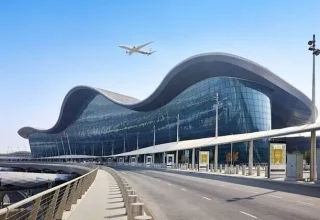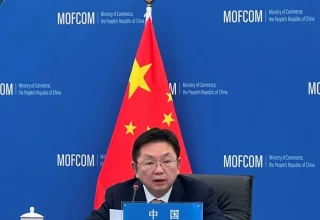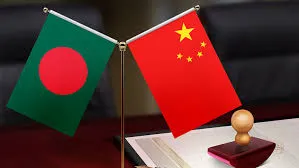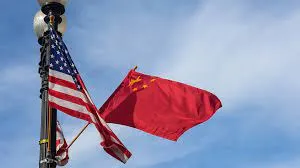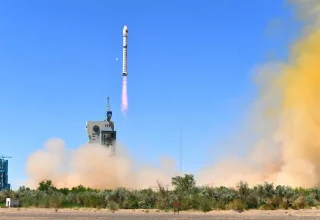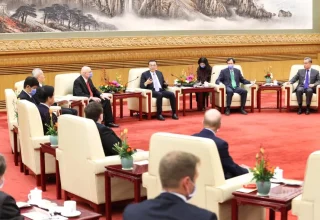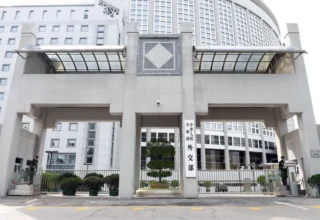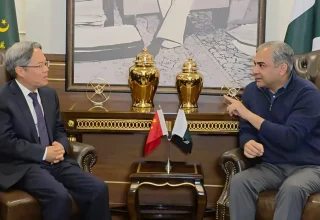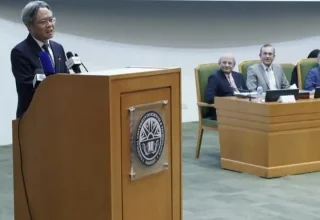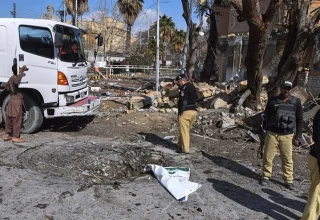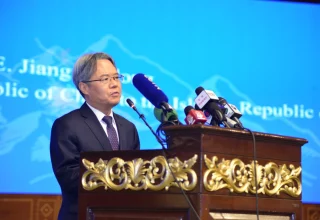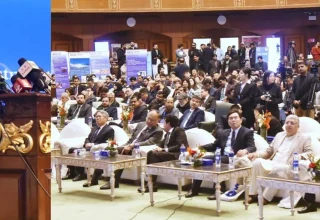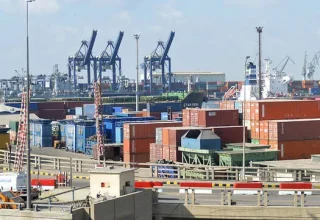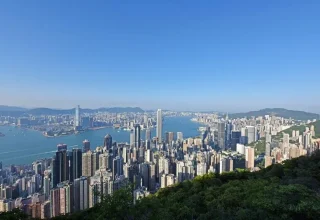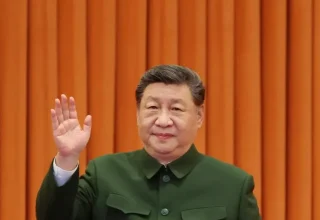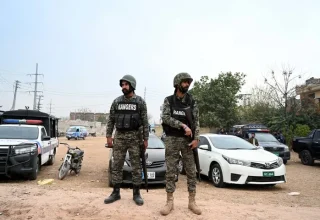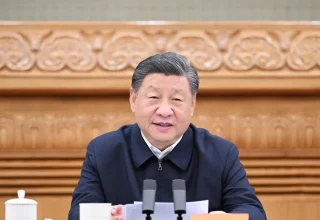
In a time marked by international uncertainty and geopolitical flux, Chinese president Xi Jinping’s proactive diplomatic agenda this spring has emerged as a symbol of stability, cooperation, and global engagement. His recent outreach to neighboring nations, strategic alignment with the global south, and reaffirmation of China’s commitment to peaceful development underscore a clear message: collaboration, not confrontation, is the way forward.
One of the pillars of president Xi’s spring diplomacy has been strengthening bonds with China’s neighbors. With a firm belief in the principle that “a good neighbor is more valuable than a distant relative,” Xi has embarked on a series of high-level meetings, exchanges, and summits aimed at enhancing mutual understanding and trust across Asia.
The recent meetings with leaders from Southeast Asia, Central Asia, and the broader Asia-Pacific region reflect not only China’s geographic priorities but also its commitment to peaceful coexistence and common development. These diplomatic overtures are especially crucial at a time when regional tensions elsewhere threaten to destabilize global peace.
China’s Belt and Road Initiative continues to play a central role in binding nations together with infrastructure and trade. Xi’s renewed emphasis on connectivity, mutual development, and shared prosperity has resonated deeply with neighboring countries, who see China not as a domineering power, but as a partner in progress.
The world today faces a confluence of crises: lingering economic disruptions from the COVID-19 pandemic, geopolitical confrontations, energy shortages, and environmental degradation. In such a volatile environment, predictability and stability are rare commodities and president Xi’s consistent diplomatic engagement offers exactly that.
Through strategic summits, bilateral dialogues, and participation in multilateral institutions, China has made clear its stance against unilateralism and power politics. Instead, Xi advocates for multilateral cooperation, respect for sovereign equality, and peaceful resolution of disputes. By doing so, China has helped inject a dose of certainty into a world desperately in need of it.
From climate change to global health governance, China has positioned itself as a responsible stakeholder. President Xi’s reaffirmation of China’s carbon neutrality goals, and his continued support for the World Health Organization, are just two examples of how Chinese diplomacy is guided by long-term thinking rather than short-term gains.
Another prominent theme in Xi’s spring diplomatic efforts has been his focused outreach to the global south. Whether through economic assistance, vaccine diplomacy, or trade initiatives, China has demonstrated a deep understanding of the aspirations and needs of developing nations.
Xi has repeatedly emphasized South-South cooperation as a key priority. His recent engagements with African, Latin American, and South Asian leaders underscore China’s commitment to forging stronger links with emerging economies. Unlike conditional aid models that often prioritize donor interests, China’s partnerships are increasingly seen as more equitable and respectful.
This outreach is not merely symbolic, it is transformative. Chinese-led projects are helping to electrify rural areas, build highways and ports, and bring digital access to communities that were previously disconnected from the modern world. These tangible benefits are fostering goodwill and trust in China’s vision of a shared future.
Perhaps what distinguishes President Xi’s spring diplomacy is its clarity of purpose. This is not diplomacy for show, but diplomacy rooted in genuine conviction. At its core is a vision of a multipolar world governed by dialogue, not division; by cooperation, not coercion.
While some global powers remain mired in confrontation, China has opted for a more constructive path, one that values inclusivity, mutual respect, and peace. In this context, China’s global role is not about seeking dominance, but about offering alternatives, alternatives to polarization, to inequality, and to environmental neglect.
The emphasis on “a community with a shared future for mankind,” a concept Xi has championed consistently, reflects this worldview. It is a call for nations to work together to address common challenges, rather than succumb to zero-sum rivalries.
As President Xi’s spring diplomacy continues to unfold, the global community is taking notice. His engagement not only enhances China’s standing on the world stage but also offers a template for how major nations can conduct themselves responsibly and constructively.
In a time of fragmentation, China’s steady hand provides a counterbalance. By building closer bonds with its neighbors, championing the voice of the global south, and reinforcing multilateral cooperation, China under Xi’s leadership is making a clear case for unity in an era of division.
As global dynamics evolve, one thing remains clear: China is not retreating into isolationism. Instead, it is stepping forward confidently, purposefully, and diplomatically to help shape a more inclusive and stable international order.






